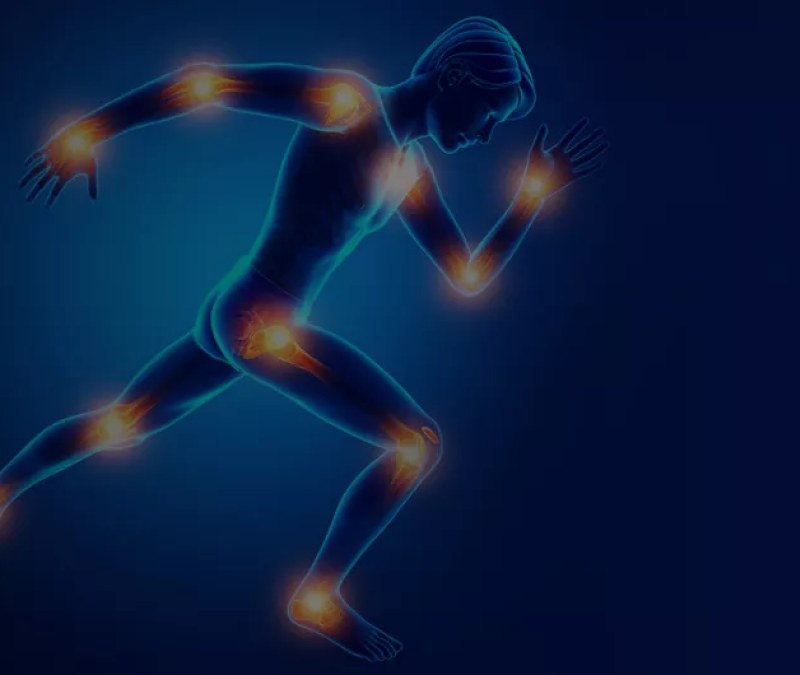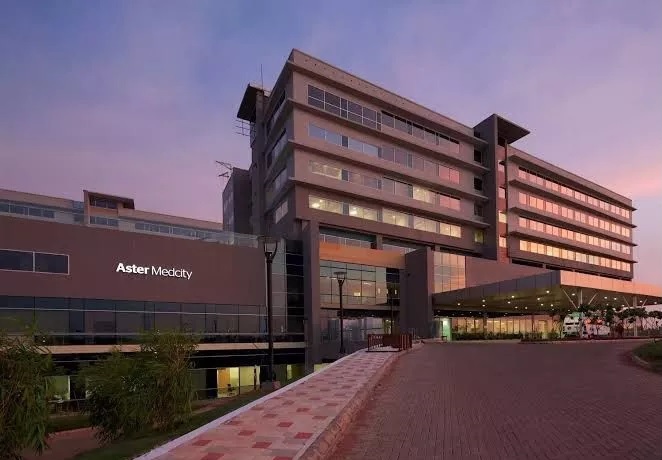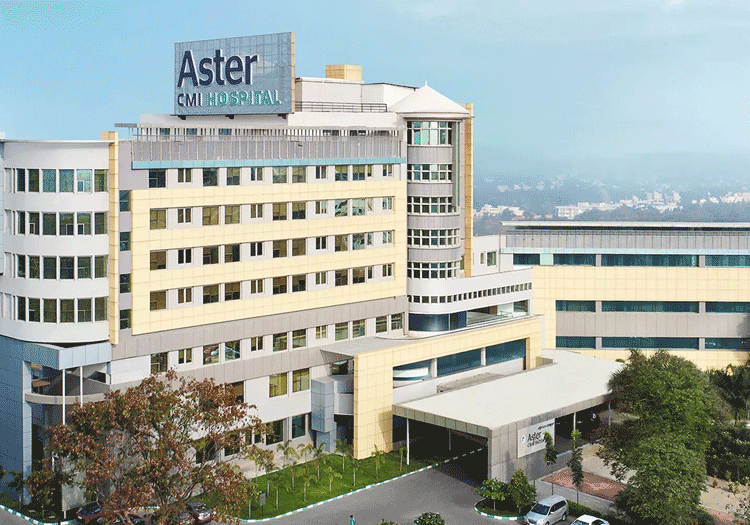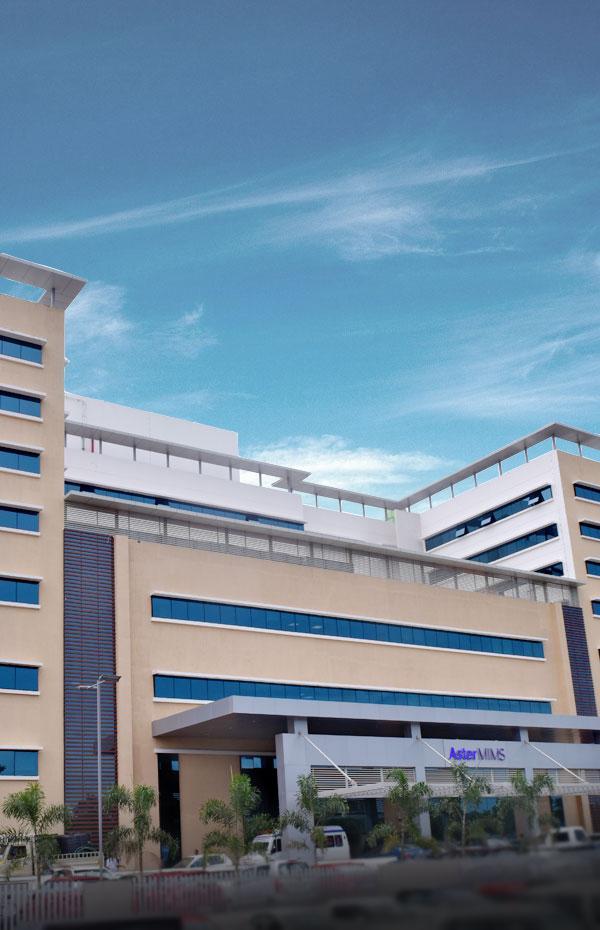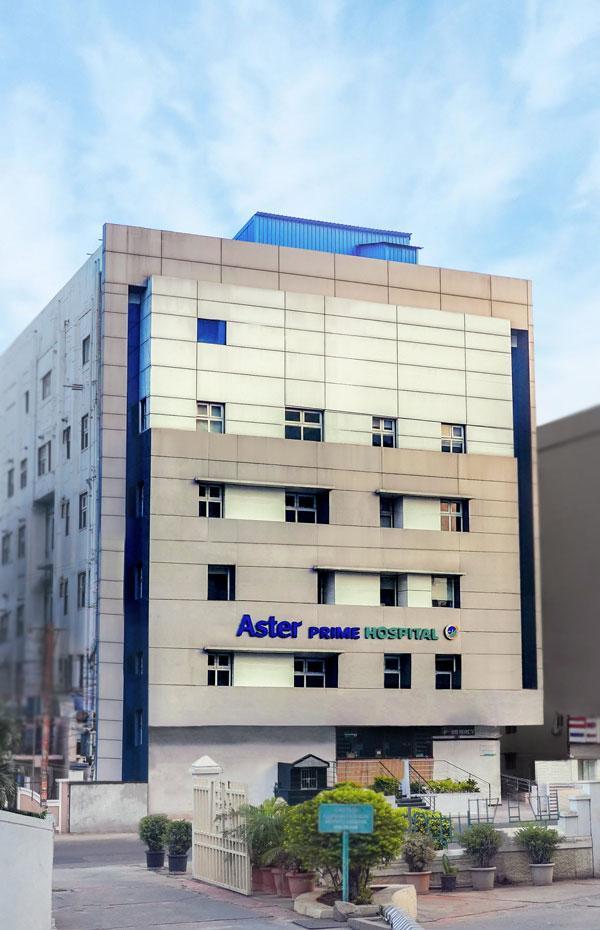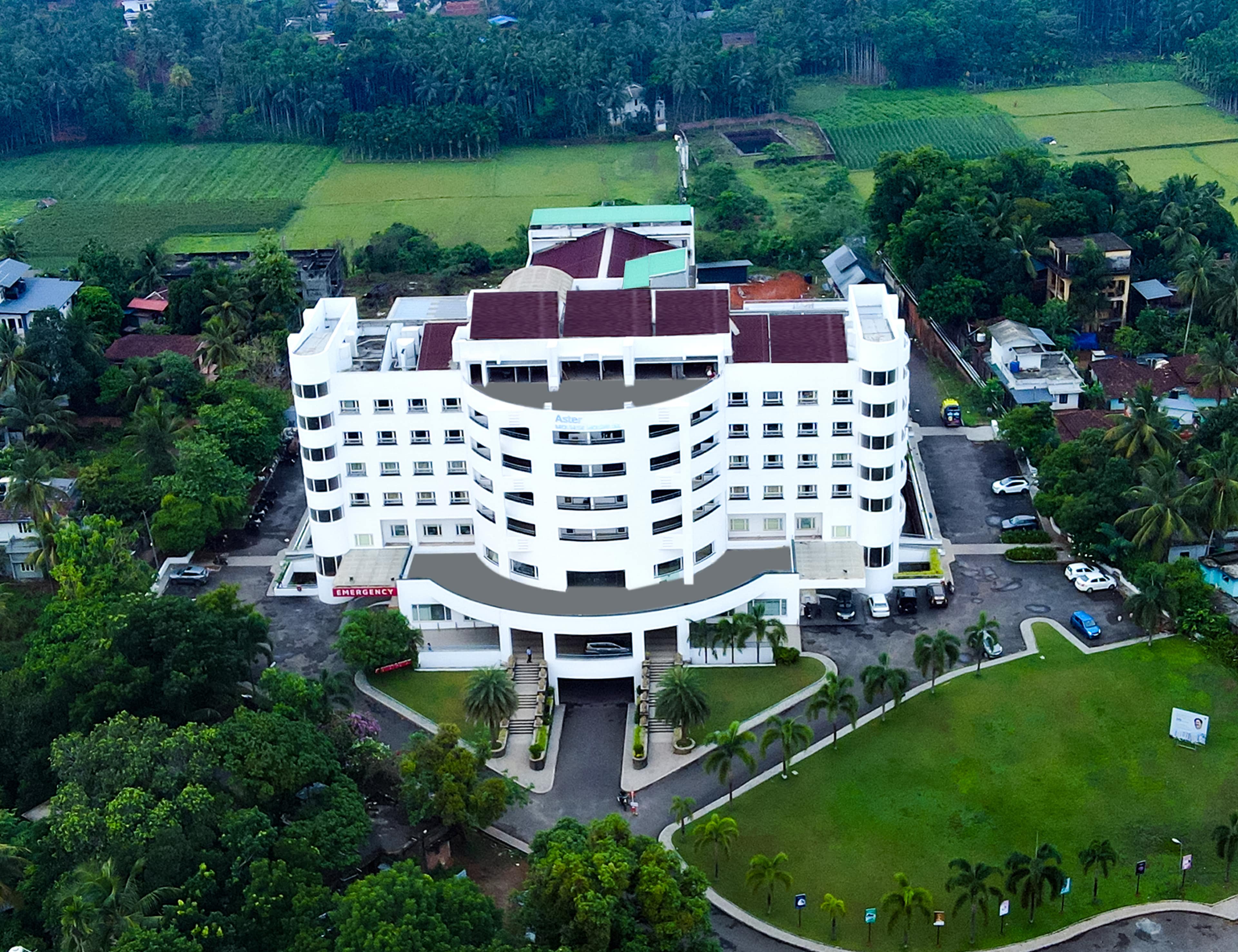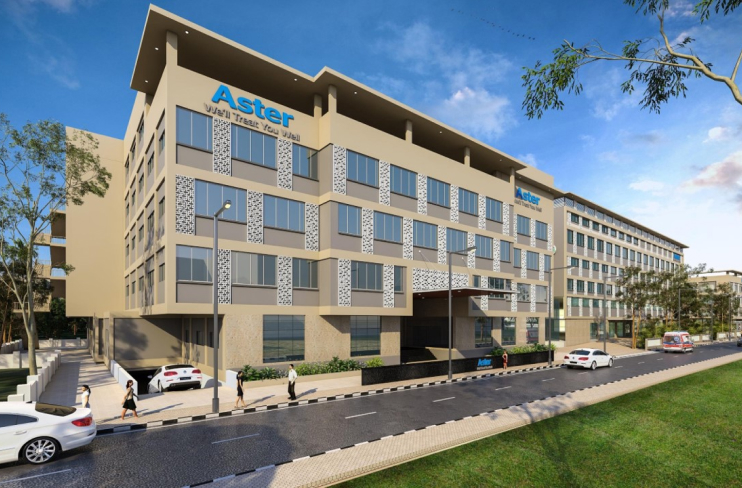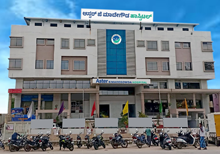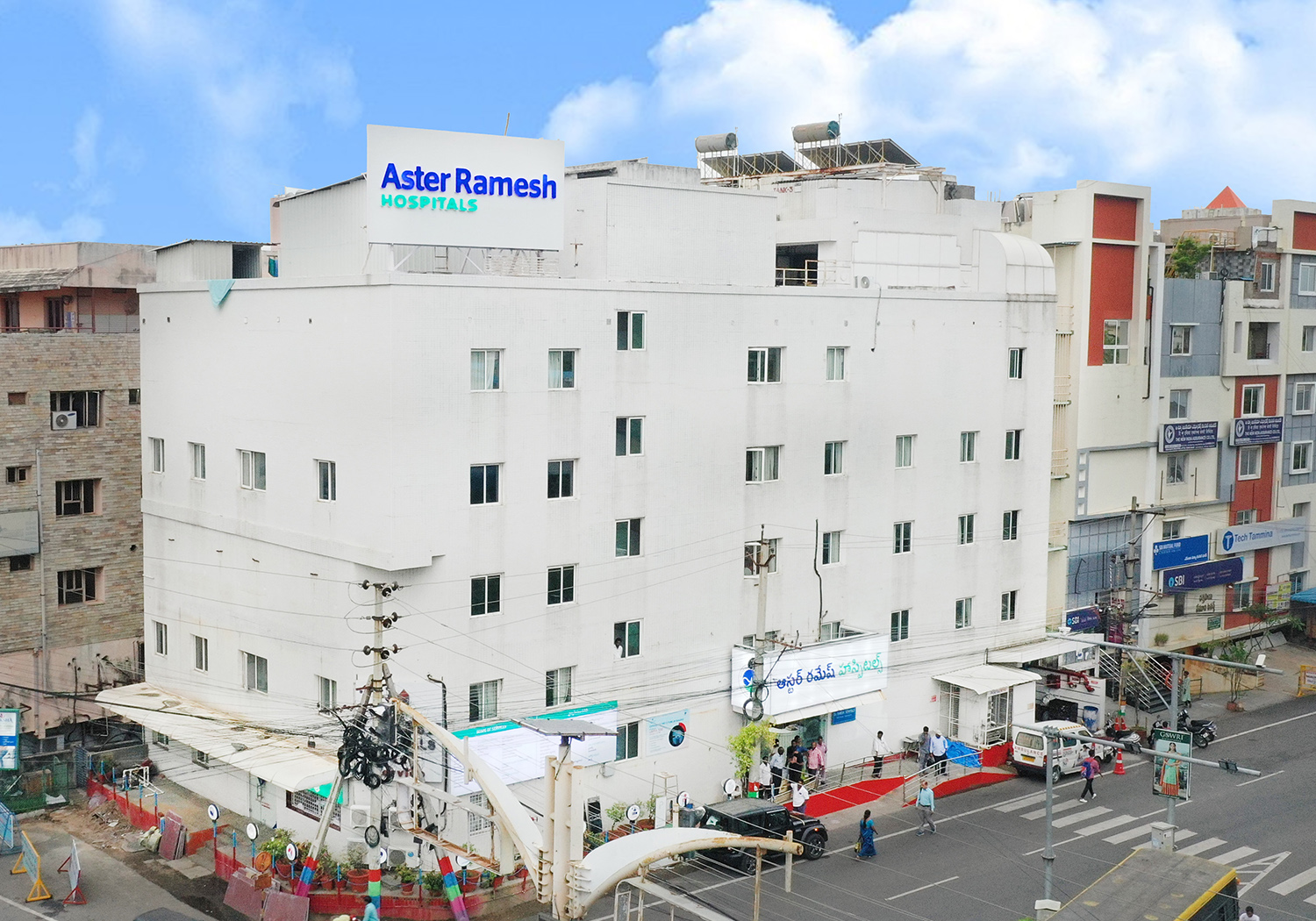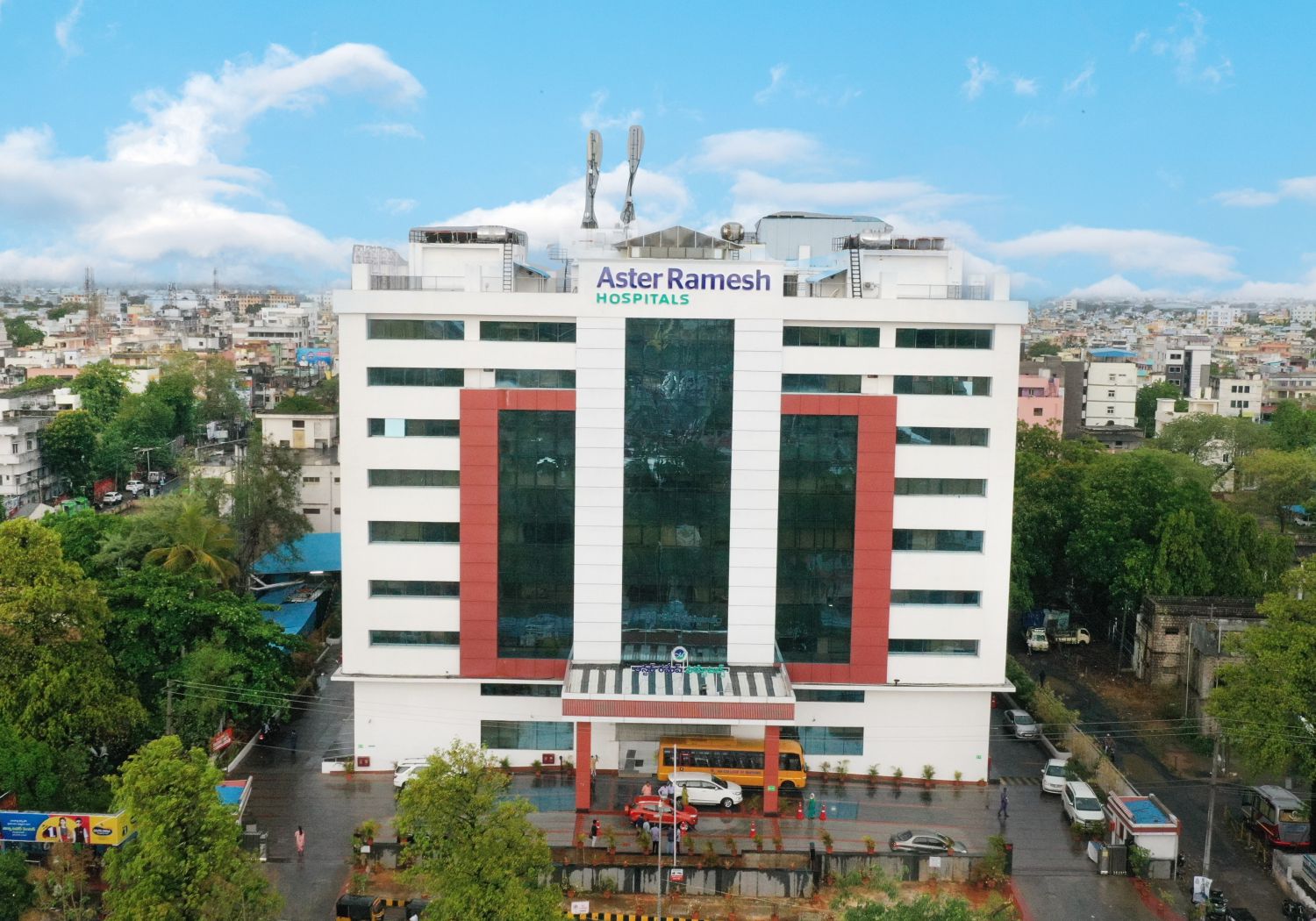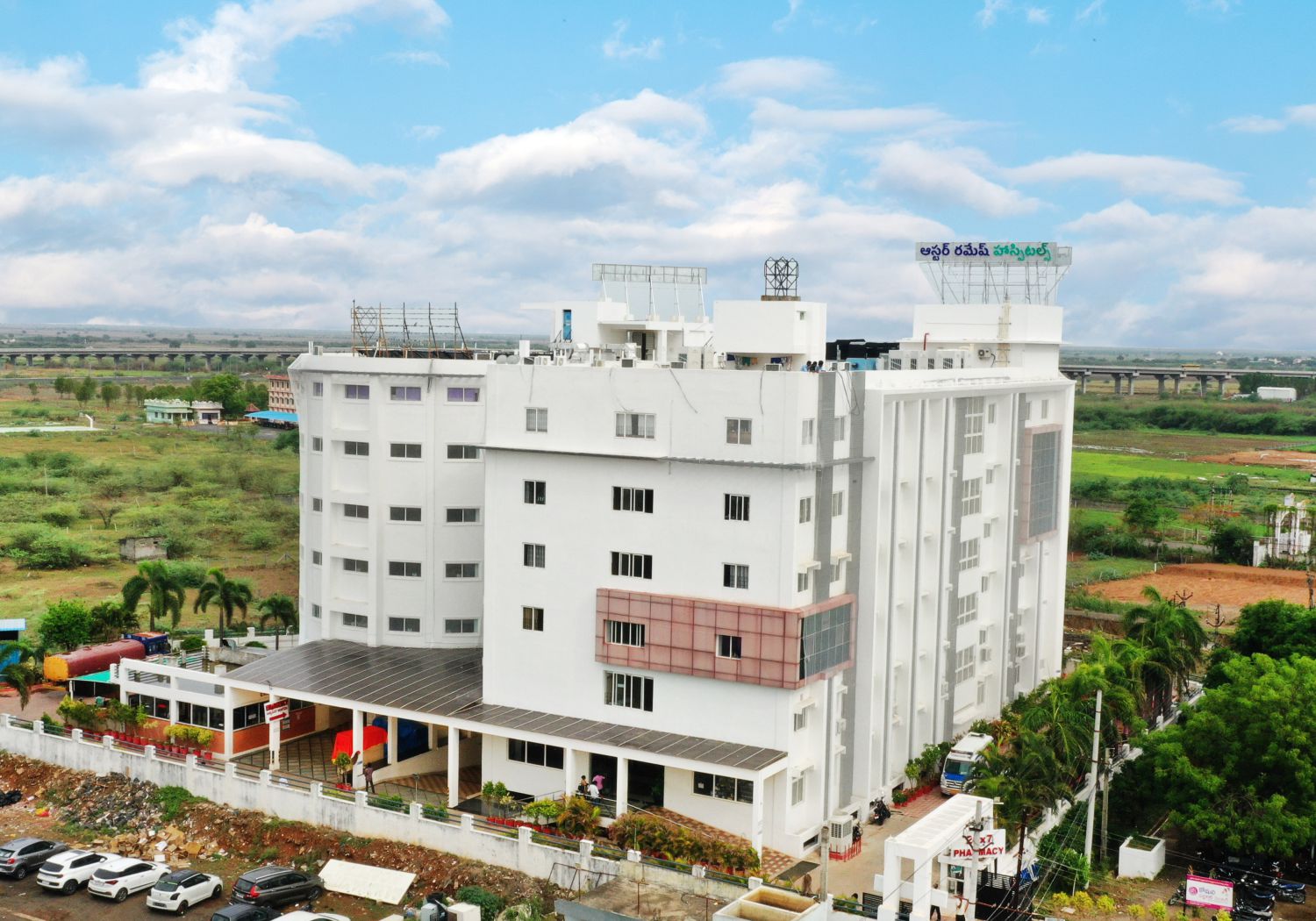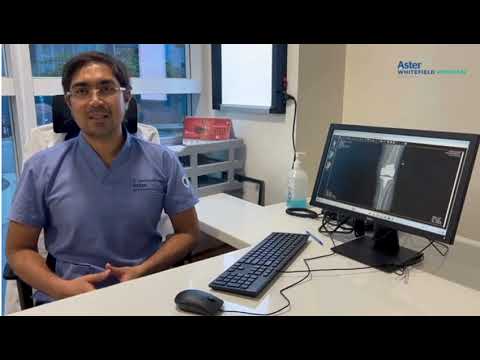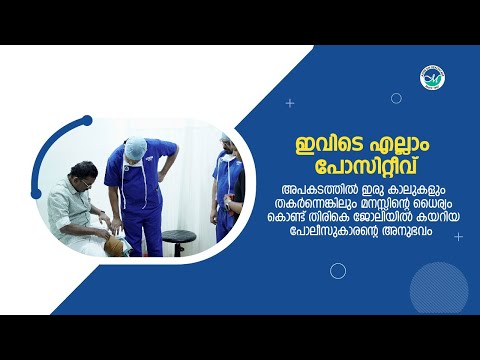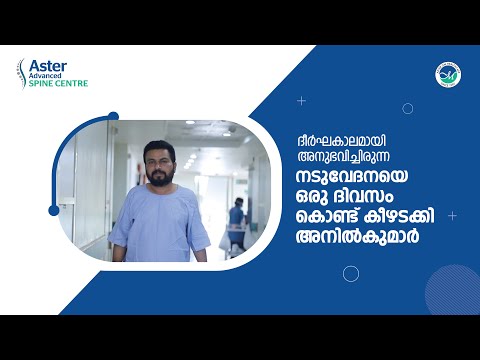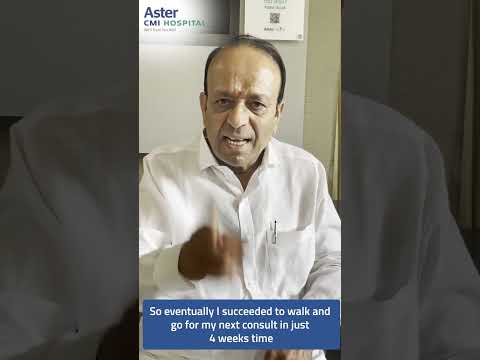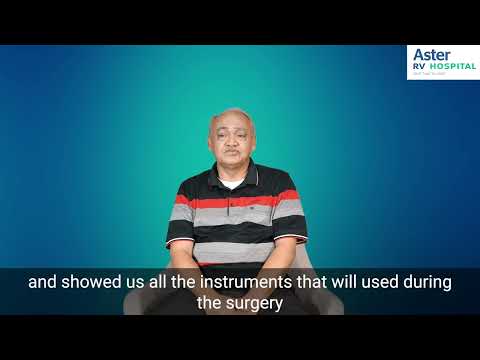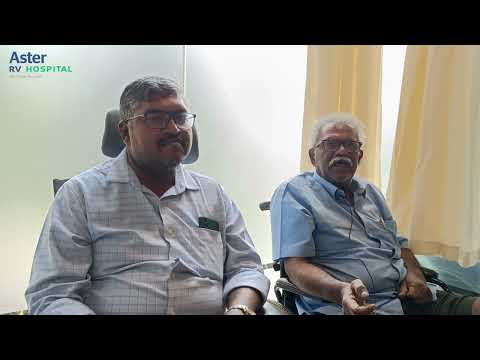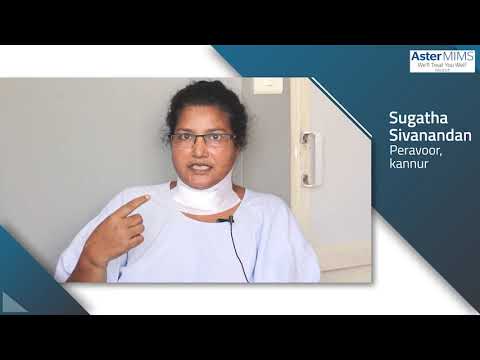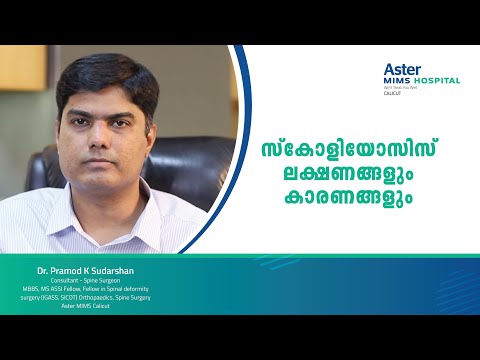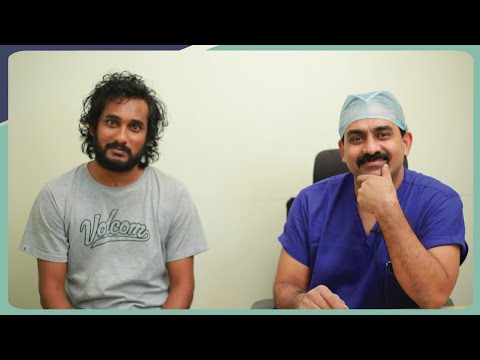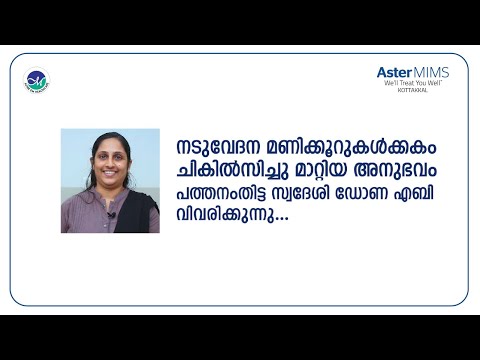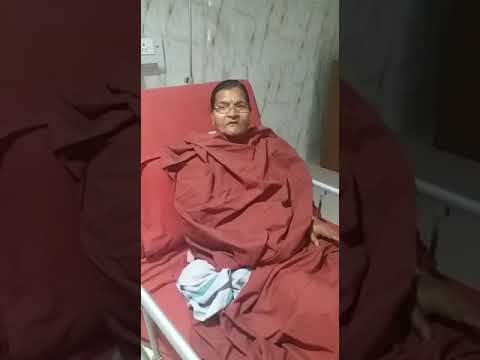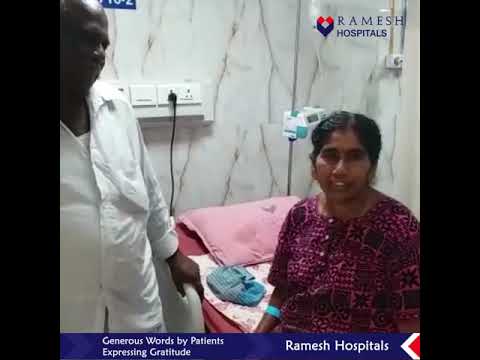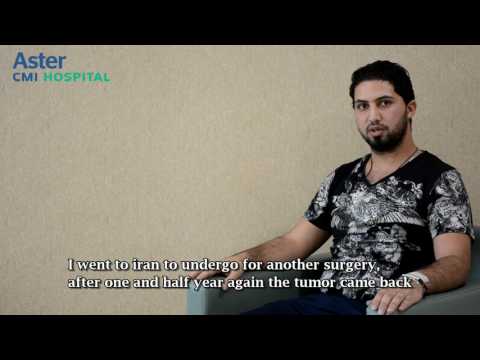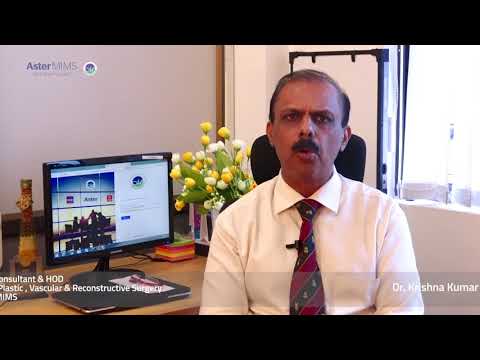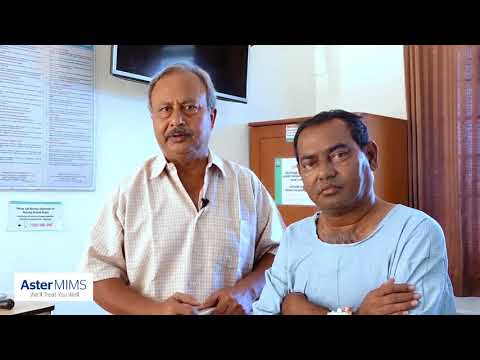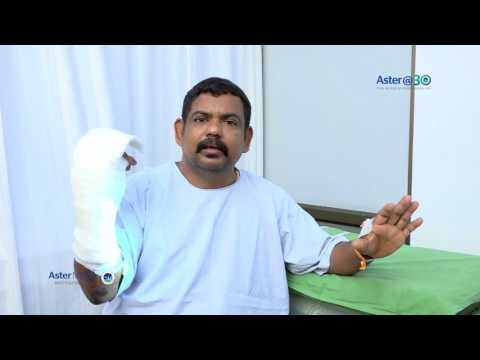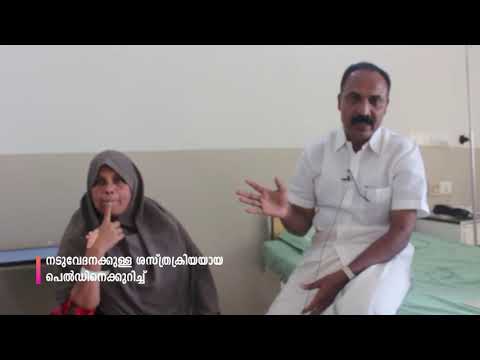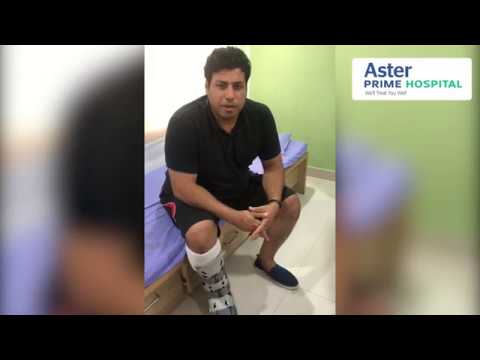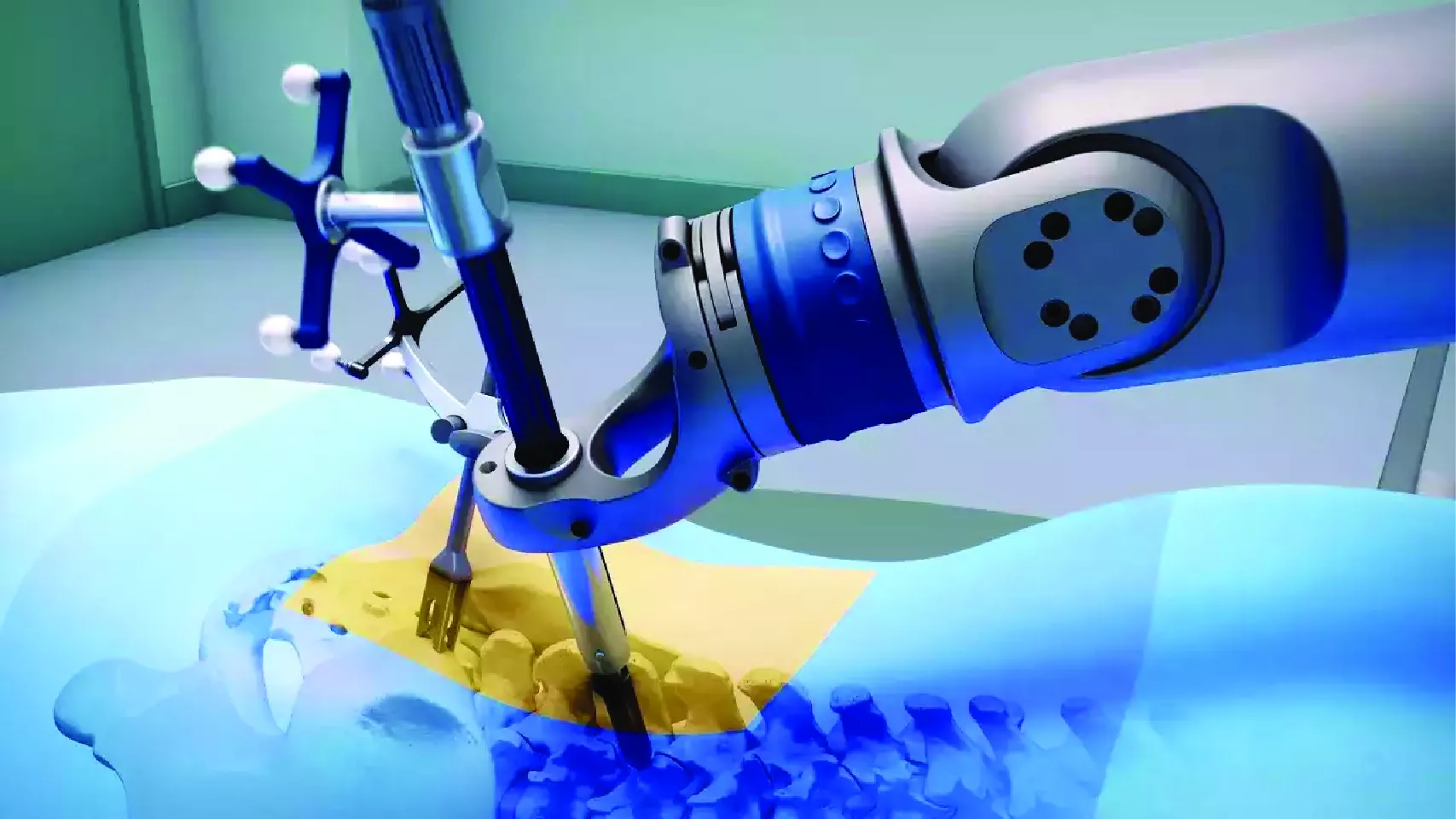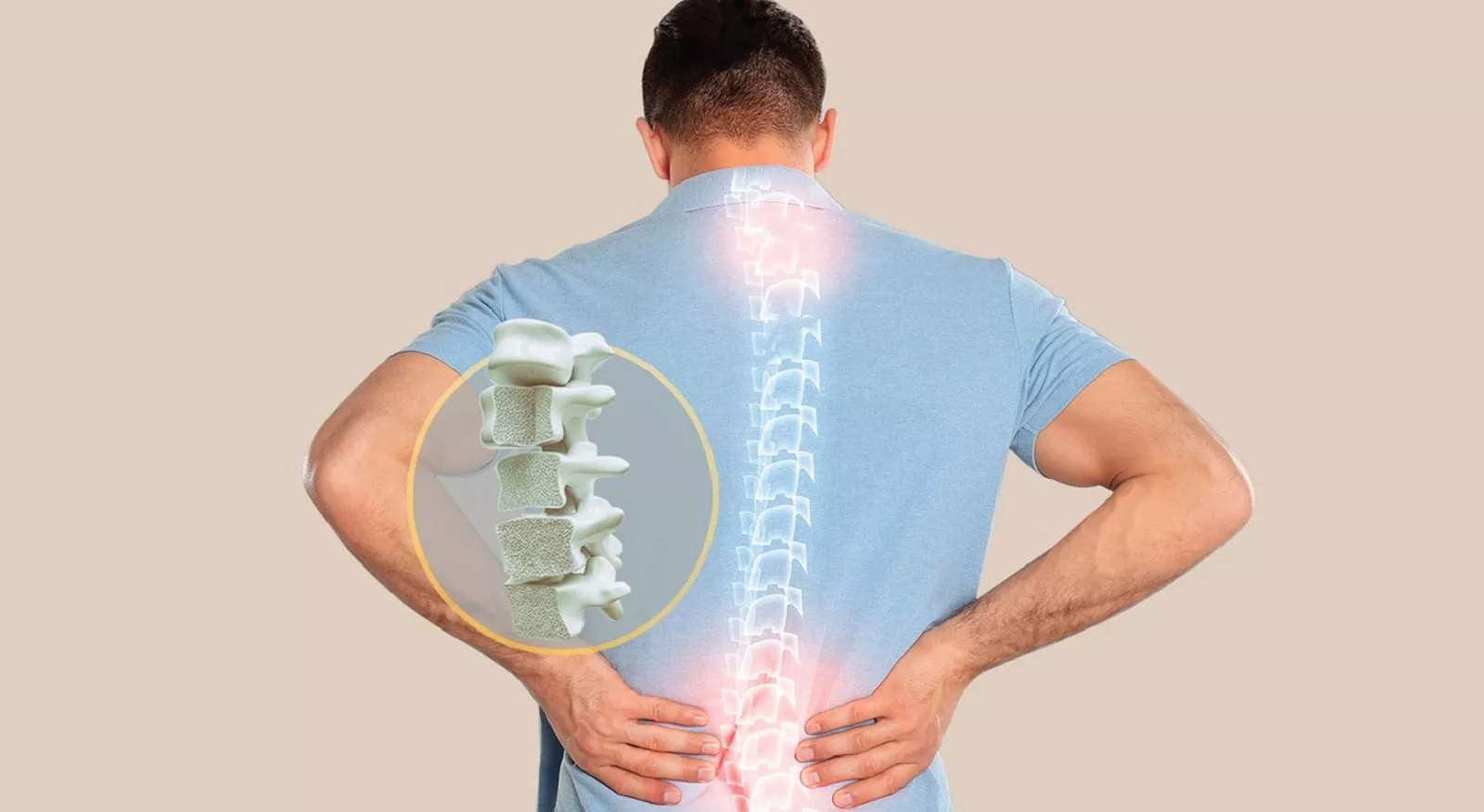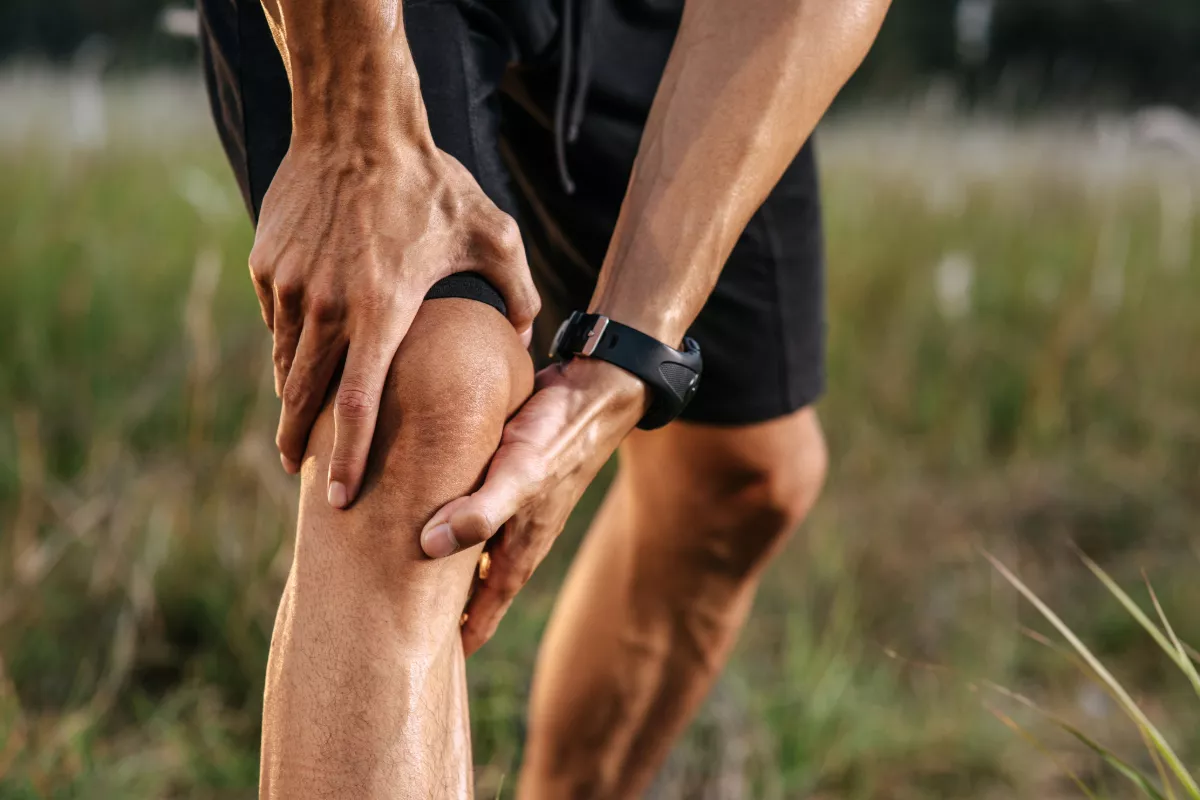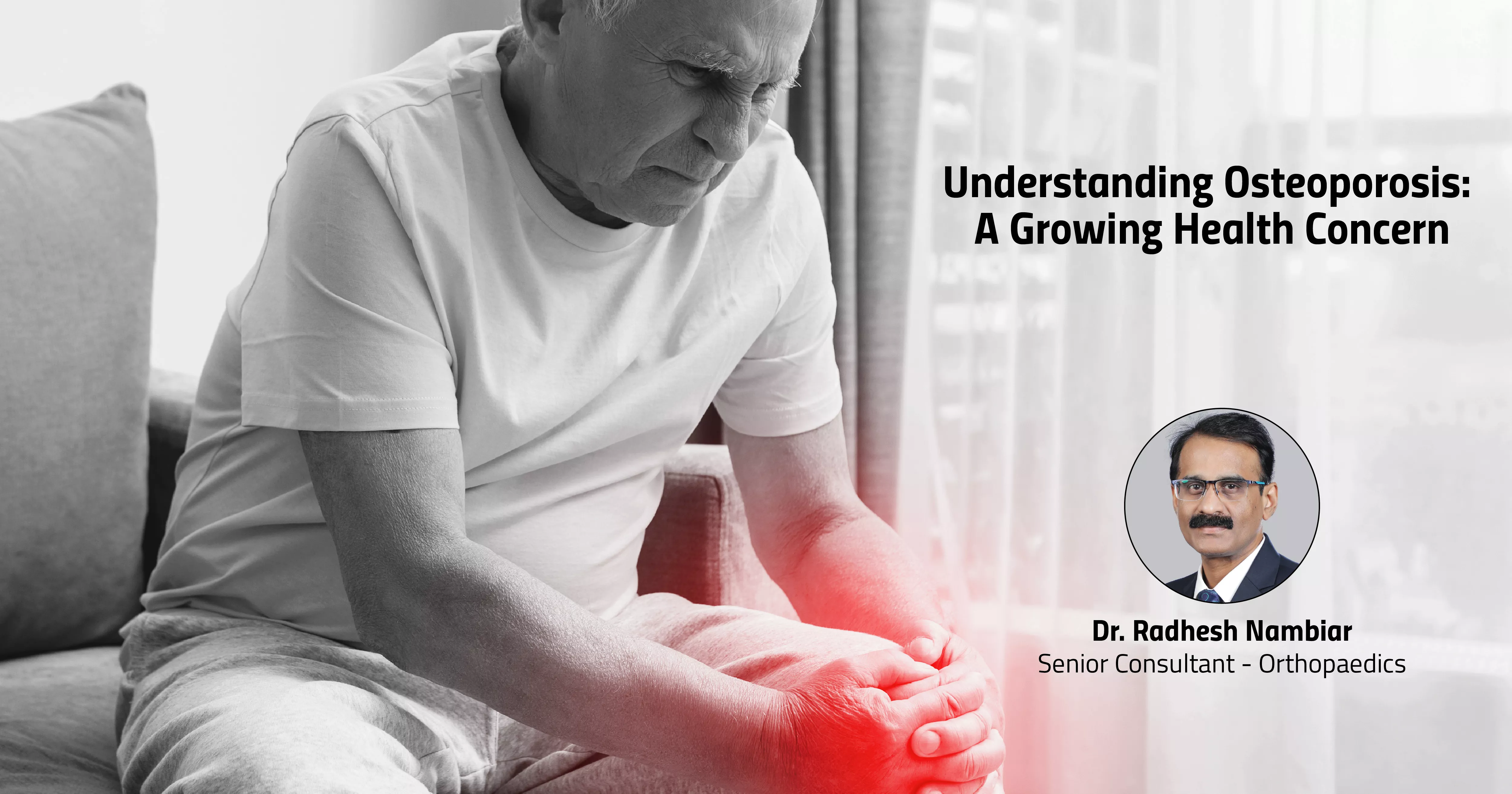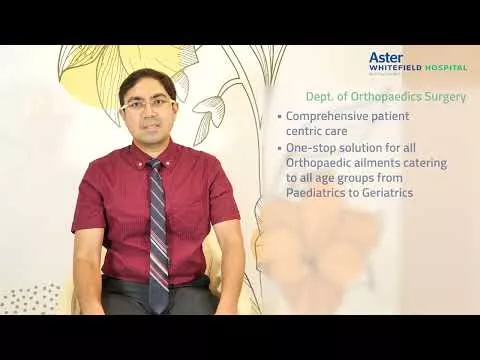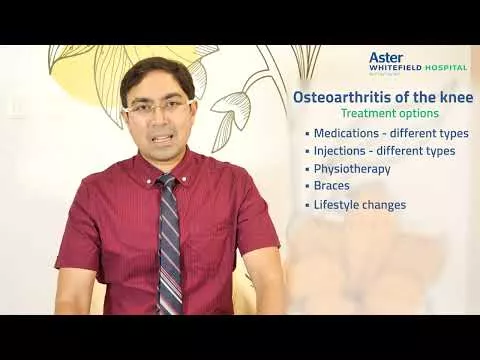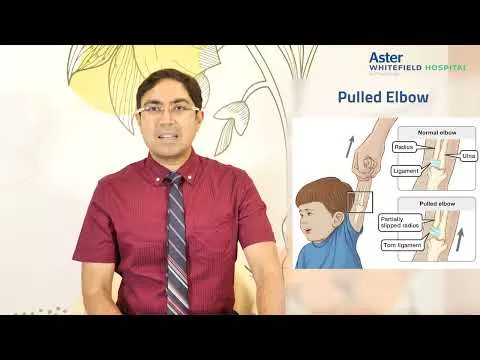We bring together an exceptionally talented, specialised team of doctors, nurses and physical therapists who take a whole-body approach to diagnosing and treating orthopaedic conditions. Our team provides personalised, comprehensive care for a wide range of orthopaedic conditions in multiple subspecialties including spine, foot and ankle, paediatric care, hand and arm, shoulder and sports medicine. Our clinicians are specialists at the top of their field, providing patients with unparalleled expertise in both surgical and non-operative spinal injuries, joint replacement, and orthopaedic surgery. As a centre of excellence, we are at the forefront of joint replacement surgery and our expert care has enabled countless individuals to live pain-free lives once again.
Our Doctors
We have some of the best specialists from around the world, they bring years of experience and offer evidence-based treatment to ensure the best care for you.
Advanced Technology & Facilities
Well equipped with the latest medical equipment, modern technology & infrastructure, Aster Hospital is one of the best hospitals in India.
The centre has a world class 24*7 emergency and trauma care facility, a first of its kind in north Malabar region.
This centre is now a tertiary referral centre of trauma for the region. This department is capable of managing all kinds of complex fractures including polytrauma, pelvic acetabular fractures and open fractures.
The availability if an excellent trauma ICU, most modern laminar flow operation theatres, highly experienced anesthesia team and a well-equipped post-operative ICU makes it possible to do all life and limb saving surgeries immediately without any delay
Ortho & Neuro Integrated Spine Care
Pelvic acetabular reconstructive
Arthroscopy clinic
Arthritis & rheumatology clinic
Knee & shoulder clinic
Osteoporosis clinic
Minimally invasive spine surgeries
Ilizarov deformity correction
Most advanced physiotherapy clinic
Arthrography
Bone scans
Discography
CT and MRI
Electromyography
X-ray
Blood tests
Bone scan
Operation Theatre equipped with Laminar Air flow.
Post operative pain control by epidural and IV analgesia by a team of experienced anaesthesiologists
State of the art Instrumentataion.
Image Intensifiers
Well equipped ICU for post operative care.
Lead ECG
2D and 3D Echocardiography including colour Doppler and contrast ECHO
Strain Imaging - Speckle Tracking and Heart Model
Trans-oesophageal Echocardiogram (TEE) / Dobutamine Stress Echo
Treadmill test (TMT)
Holter - 24 hrs and 48 hrs
Event monitoring and loop recorders
Ambulatory blood pressure monitoring (ABPM)
Head-up tilt table test (HUTT)
Pacemaker check and programming
Cardiac CT including CT coronary angiogram
Latest monoplane & bi-plane cathlab
Cardiac MRI including stress adenosine protocol
Aster Medcity offers world-class inpatient care to its patients, with the support of an award-winning team of Nurses, Therapists and Technicians.
Wards, double rooms, standard rooms, executive rooms, deluxe rooms presidential suites
Dedicated Cardiac ICU
Independent ICUs with a view that minimise chances of infection and ICU psychosis
Dedicated cardiac surgery suites
Advanced infection control facilities
State-of-the-art cardiac imaging
• Whole body bone scan
• Regional three-phase bone scan
• Regional infection imaging
• Bone graft viability
• Lymphoscintigraphy
• Regional infection PET imaging to diagnose osteomyelitis in patients
who have undergone hip replacement surgeries
• Strontium therapy for bone pain palliation
• Needle Biopsy
• Soft tissue and bone pathology
• Immunohistochemistry
• Frozen section
• Orthopaedic rehabilitation for musculoskeletal injuries and disorders
• Rehabilitation for patients who have undergone surgeries, including amputees
• Rheumatological rehabilitation with focus on prevention of functional disorders, improving movement and management of pain / stiffness
• Sports rehabilitation
• Orthotic & prosthetic management
• Hand rehabilitation post fracture, injury or surgery
ORI Fusion Digital Integrated Operation Theatres With 22 Operating Rooms that are on par with some of the largest in the world, Aster Medcity, for the first time South India, introduces ORI Fusion Digital Integrated Operation Theatres using Karlstorz OR1 Fusion - Asia Pacific’s first complete digital integration system.
The integration enables real-time sharing of images, videos and medical reports, which not only facilitates virtual participation from any location in the world, but also helps the rest of the surgical team to monitor the patient closely during the operative procedure, much to the benefit and safety of the patient undergoing the surgery.
Aster Medcity is also the first surgical facility in the state to offer Robotic Surgery using high-precision da Vinci Surgery Robot.
Robotic-assisted knee replacement surgery is an advanced surgical technique that utilizes robotic technology to assist surgeons in performing total or partial knee replacement procedures with enhanced precision and accuracy. This technology allows for a more personalized approach to knee surgery, potentially resulting in better outcomes and faster recovery times for patients.
FAQs
Want to find out more about the treatment? The answer to your questions can be found below.
What advancements or technologies are utilized by Orthopedic surgeons?
Orthopedic surgeons utilize advancements and technologies such as arthroscopic surgery, computer-assisted navigation systems, 3D printing for customized implants, regenerative medicine techniques, minimally invasive procedures, and advanced imaging modalities for accurate diagnosis and treatment.
Patient Stories
Our patients are our best advocates, hear the inspiring stories of their treatment journey
Blogs
The source of trustworthy health and medical information. Through this section, we provide research-based health information, and all that is happening in Aster Hospital.
News & Events
Stay updated with the latest happenings at Aster Hospitals. Explore our News and Events section for insightful articles, health tips, upcoming events, and noteworthy achievements.

